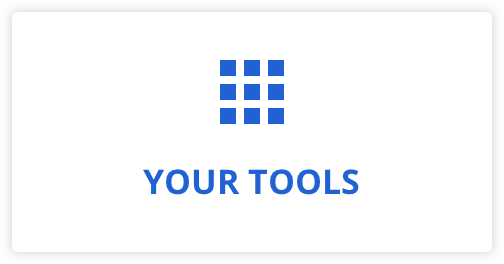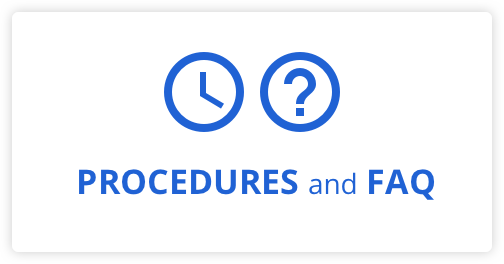Also discover the new transfer frequency options available.
|
What is DCA?
Dollar Cost Averaging (DCA) allows your clients to regularly invest a predetermined amount over a given period of time to purchase segregated fund units. The investment period can vary from 2 to 12 months.
|
It is now possible to set up a DCA directly from the:
- High Interest Savings account (HISA) – New
- DCA Money Market Fund – Already available
New fund transfer frequencies are currently available for both types of DCA:
- Weekly – New
- Bi-weekly – New
- Monthly (1 to 28 of each month) – Already available
- Monthly (last day of each month) – Already available
The F51-165A form has been updated to allow you to:
- Set up a DCA from the HISA
- Select any frequency
- Modify the investment instructions of an existing DCA
Minimum investment
Both types of DCA require an initial investment of at least $300 and a minimum of $25 per fund per frequency.
Note that it is possible to make partial transfers into selected funds from the HISA. You must indicate this in the F51-165A form when opening a DCA. If no such indication is made, the entire amount invested in the HISA will be used in the DCA.
Contract opening
| DCA from the DCA Money Market Fund |
DCA from the HISA |
|
Use EVO
or
Use the F51-165A form
|
Use the F51-165A form
|
Compensation
| DCA from the DCA Money Market Fund |
DCA from the HISA |
|
Full commission based on the initial deposit in the DCA Money Market Fund, depending on sales charge options.
|
Sales compensation is generated when transfers are made to segregated funds, depending on sales charge options.
|
Find out more
- F13-1089A - Dollar Cost Averaging (DCA)
- F13-972A - Systematic saving offers nothing but advantages
- F13-1035A - High Interest Savings Account (HISA)
|
Frequently asked questions
- Is it possible to select one of the new frequencies using a form other than the F51-165A?
No, only the F51-165A form includes the new frequency options.
There are no changes to the following forms: F17A, F17A-1, F17A-3, F16A, F31A, F38A, F39A. However, you may wish to indicate the desired frequency in the “Special instructions” section.
- How do I change the frequency of a client's current DCA?
You can indicate this change in the “Special instructions” section of the F51-165A form.
- Can a client transfer a DCA from a DCA Money Market Fund to a DCA from the HISA?
Yes, here's how:
Complete the F51-153A-5 form to request an inter-fund transfer of the entire DCA Money Market Fund to the HISA, since the amounts initially invested in the DCA Money Market Fund must be fully depleted before the fund is terminated.
Attach the F51-165A form to the application and select the HISA as the source fund.
See question 4 to know more about the impact on compensation.
-
Is an advisor's compensation affected when their client switches from a DCA from the DCA Money Market Fund to a DCA from the HISA
Yes. Since the compensation methods for the two types of DCA differ, if your client wishes to terminate the transfers before the end of the DCA period, iA Financial Group will recover the commission on the amounts not transferred from the DCA Money Market Fund to the segregated funds chosen by the client.
- Will it soon be possible to set up a DCA in an FHSA
Yes, while the HISA is currently the only investment option available in the FHSA, as of March 11, 2024, it will be possible to request a DCA from the HISA to segregated funds using the F51-165A form.
-
What happens if a client withdraws and/or makes an additional deposit in the HISA for which a DCA is in progress?
The assets linked to the DCA will run out according to the initial instructions (amount per frequency and chosen period). In the event of a withdrawal, the DCA might terminate early. Any additional deposits will not affect the current DCA, unless a new directive is submitted by the advisor.
|



